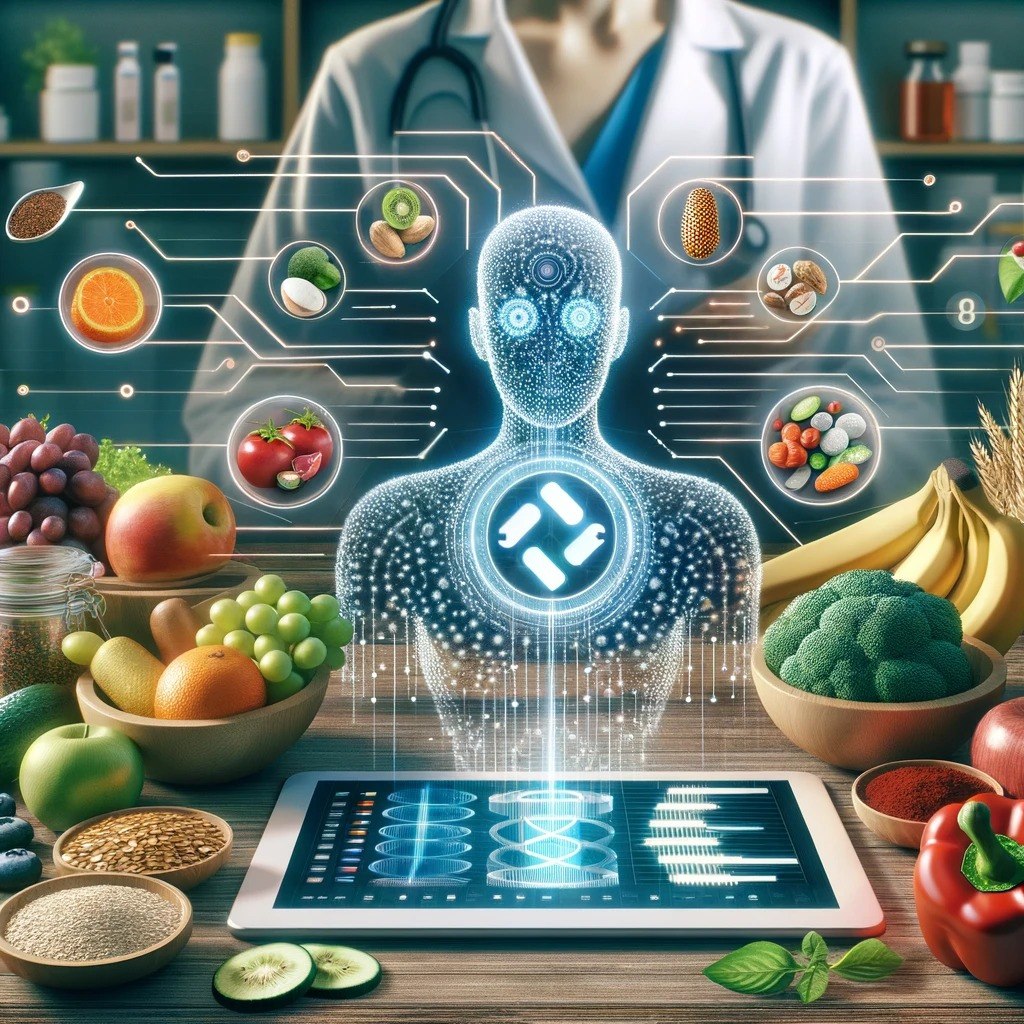Evaluating the Applicability and Appropriateness of ChatGPT as a Source for Tailored Nutrition Advice: A Multi-Scenario Study
DOI:
https://doi.org/10.61838/kman.najm.2.1.1Keywords:
Artificial Intelligence, Chatbot, Health Information Systems, Nutrition Therapy, Tailored Medicine, Virtual HealthAbstract
Background: In the rapidly evolving domain of healthcare technology, the integration of advanced computational models has opened up new possibilities for personalized nutrition guidance. The emergence of sophisticated language models, such as Chat Generative Pre-training Transformer (ChatGPT), offers potential in providing interactive and tailored dietary advice. However, concerns remain about the applicability and appropriateness of ChatGPT's recommendations, especially for those with distinct health conditions.
Objectives: This study aimed to evaluate the reliability of ChatGPT as a source of nutritional advice.
Methods: Three hypothetical scenarios representing various health conditions were presented alongside precise dietary requirements. ChatGPT was tasked to generate personalized dietary programs, encompassing meal timing, specific caloric portions (measured in grams and spoons), as well as alternative meal options for each scenario. Following this, ChatGPT’s generated dietary programs underwent a thorough review by a multidisciplinary team of nutritionist, specialist physicians and clinical researchers. The evaluation focused on the programs' suitability, alignment with dietary standards, consideration of individual health factors, and additional guidance Safety.
Results: ChatGPT demonstrated its ability to generate various options of meal plans in accordance with basic nutrition principles. However, there are apparent issues with the recommended individual macronutrient distribution, handling health conditions, drug interactions, and setting realistic weight loss goals.
Conclusions: While ChatGPT exhibits promise as a dietary program generator, its application for intervention should be restricted to certified nutrition professionals. Until July 2023, it is not advisable for patients to engage in self-prescription using ChatGPT version 3.5, owing to its inability to provide professional knowledge and acceptable guidance, particularly for individuals with co-existing conditions. The prevailing absence of clinical reasoning highlights the importance of employing ChatGPT solely as a tool, rather than relying on it as an autonomous decision-maker. Its lack of clinical reasoning highlighted the need for human intervention and expert collaboration for precise personalized evaluations.

Downloads
Published
Issue
Section
License
Copyright (c) 2024 Ismail Dergaa, Helmi Ben Saad, Hatem Ghouili, Jordan M Glenn, Abdelfatteh El Omri, Ines Slim, Yosra Hasni, Morteza Taheri, Mohamed Ben Aissa, Noomen Guelmami, Ramzi Al-Horani, Jad Adrian Washif, Sheikh Shoib, Osamah Mohammed Alyasiri, Leonardo Jose Mataruna-Dos-Santos, Régina Ferreira Alves, Halil Ibrahim Ceylan, Sarya Swed, Najim Z Alshahrani, Nasr Chalghaf, Haijiang Dai, Nicola Luigi Bragazzi, Karim Chamari (Author)

This work is licensed under a Creative Commons Attribution-NonCommercial 4.0 International License.






